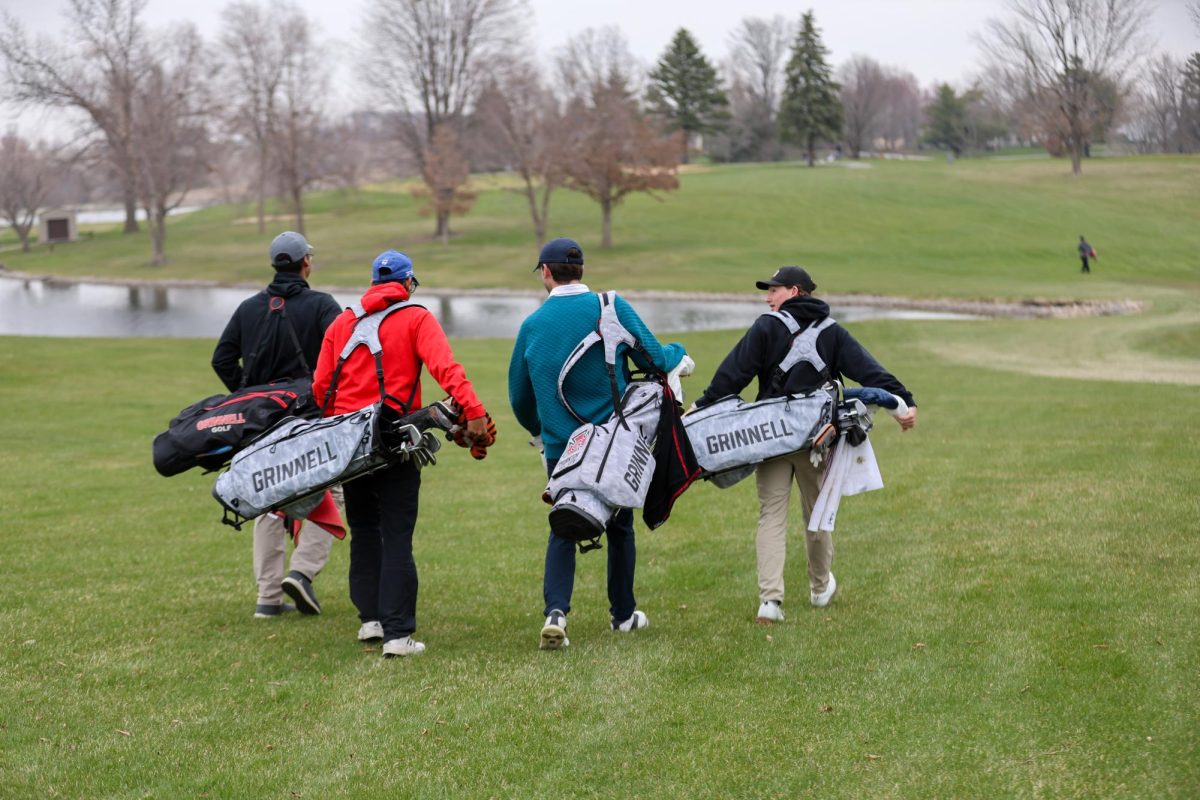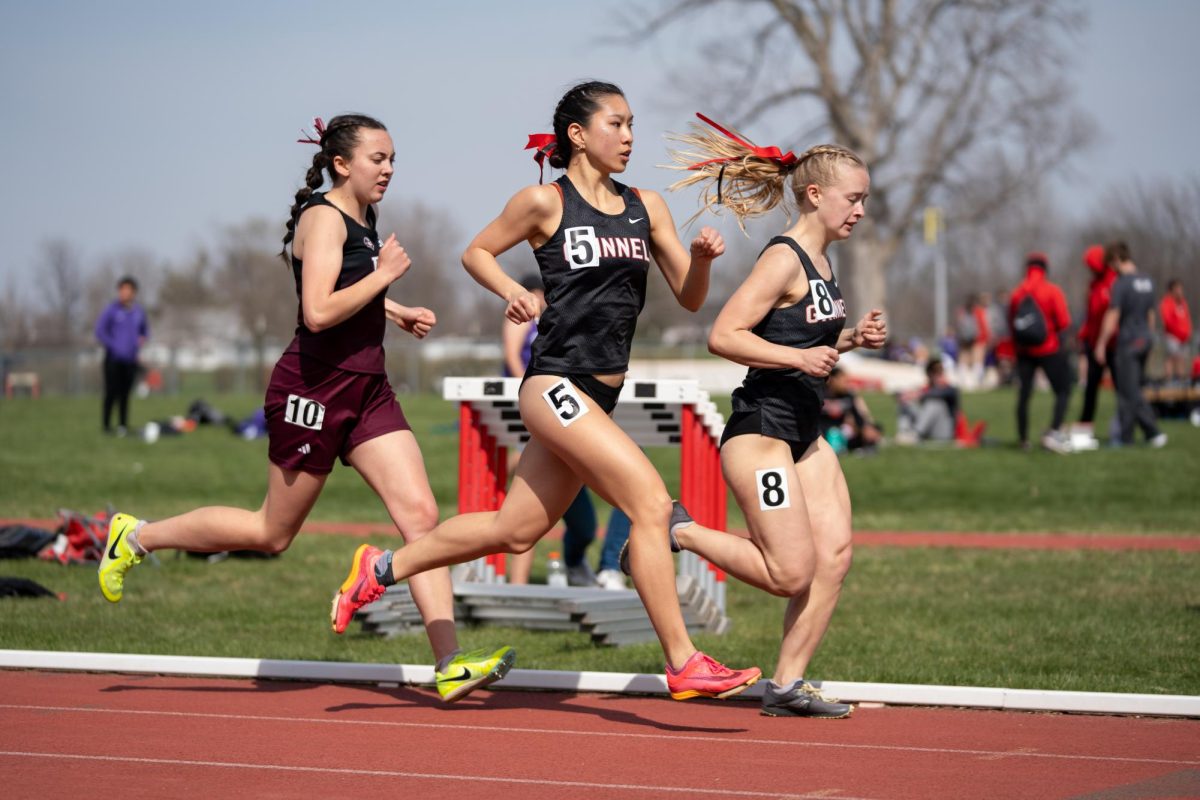Recently, questions have been raised about the College’s overnight visit policy for prospective students, with concern that prospective student-athletes receive special privileges during campus visits. Currently, the College tries to address potential issues that may arise during overnight visits by restricting overnights for the general prospective student population on Fridays and Saturdays, when minors are more likely to be exposed to substances. For some sports teams, however, it appears that this policy is more flexible.
In an email to The S&B, Joe Bagnoli, the vice president for enrollment and dean of admission and financial aid, outlined the Admission Office policy surrounding overnight campus visits.
“The Admission Office policy is that we do not allow Friday or Saturday overnight visits to campus,” Bagnoli wrote.
This policy stems from the College’s desire to provide every prospective student with the safest and most enjoyable campus visit possible.
“Our highest priority for overnight visits is to provide prospective students with an experience that permits first-hand access to campus life at Grinnell while protecting the health and well-being of all visitors, many of whom are still minors at that stage of the college search process,” Bagnoli said.
However, there has been recent speculation that prospective student-athletes have been allowed to sidestep the admissions office’s official policy regarding overnight visits on Friday and Saturday nights.
Athletic Director Andy Hamilton was quick to clarify any misconceptions about the athletic department’s policies surrounding prospective student-athlete overnight visits.
“Generally, we try to have the athletic department right in step with the admissions department when it comes to prospective students and prospective student-athlete visits,” Hamilton said. “That policy is designed to protect the prospective student. Typically, the prospective student is a minor, and if they are on campus on Friday or Saturday night as a minor, it could be a difficult situation.”
Yet on certain occasions, the athletic department does make an exception for prospective student-athletes. Sometimes, due to the timing of visits and scheduling constraints, it makes the most sense for prospective student-athletes to stay overnight on a Friday or Saturday night so that they can experience a team practice or competition the following day.
In the instances when Friday or Saturday night visits might be the most viable option, the athletic department works with the Dean’s office to coordinate the student visit and ensure that the prospective student-athletes are well taken care of.
“Campus safety and security are alerted to who the prospective student is, who the host is … and this is all based on trying to provide a safe visit and be prepared if there is any sort of odd circumstance or something.”
While prospective student-athletes are occasionally allowed to stay overnight on Friday or Saturday night, Hamilton pointed out that this does not happen often.
“This scenario that we’ve talked about has probably happened six or seven times this year. That’s a very small number — we’ve probably had 110 visits and it’s happened six or seven times,” Hamilton said.
For the most part, the athletic department works to adhere to the official admissions office policy regarding overnight campus visits.
“As a department, we really emphasize the Sunday through Thursday [policy] … and it’s very few cases where prospective student-athletes stay overnight on Friday or Saturday]. …We have a very structured protocol we go through before we allow it and there is a structured protocol while the visit is occurring,” Hamilton concluded.
In a follow-up email to Hamilton, The S&B asked to clarify whether prospective student-athletes have been found in situations where alcohol and other drugs might have been present.
Hamilton replied, “It is because of concern for prospective students’ safety that the No Weekend Overnight Visit policy was enacted. Knowledge of potentially unsafe situations pertaining to prospect visits helped inform our decision making on this matter.”





















































